In a recent interview with Piers Morgan, Dr Jordan Peterson remarked, ‘It’s really something to see, constantly, how many people are dying for lack of an encouraging word. And how easy it is to provide that if you’re careful.’ My Last Drink demonstrates how important an encouraging word can be in someone’s life, indeed, how it can be literally a matter of life and death.
Already a subscriber? Log in
Subscribe for just $2 a week
Try a month of The Spectator Australia absolutely free and without commitment. Not only that but – if you choose to continue – you’ll pay just $2 a week for your first year.
- Unlimited access to spectator.com.au and app
- The weekly edition on the Spectator Australia app
- Spectator podcasts and newsletters
- Full access to spectator.co.uk
Or
Unlock this article
Dr Rocco Loiacono is a legal academic, writer and translator
You might disagree with half of it, but you’ll enjoy reading all of it. Try your first month for free, then just $2 a week for the remainder of your first year.

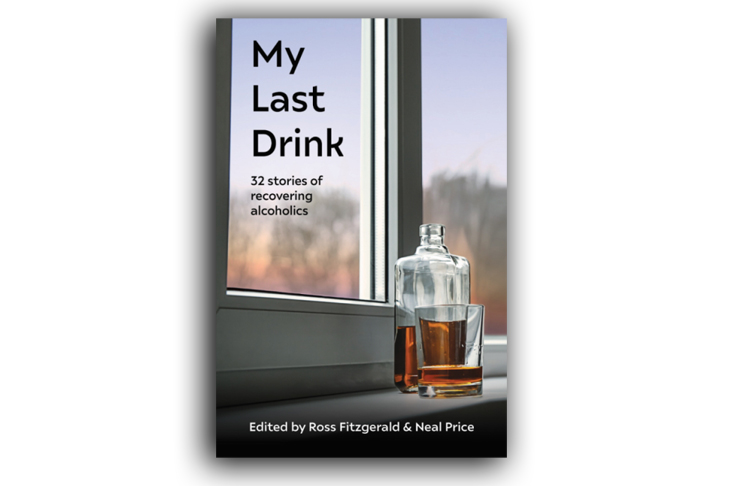
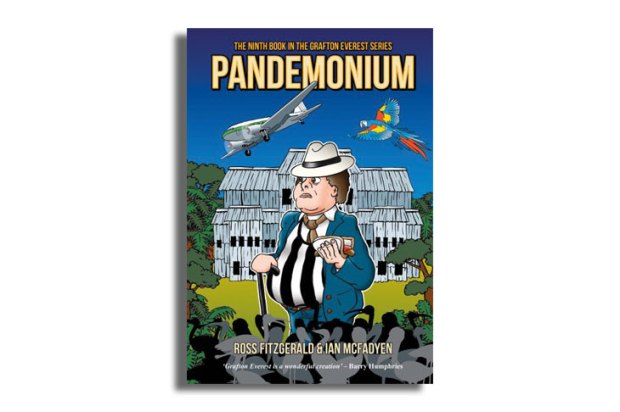
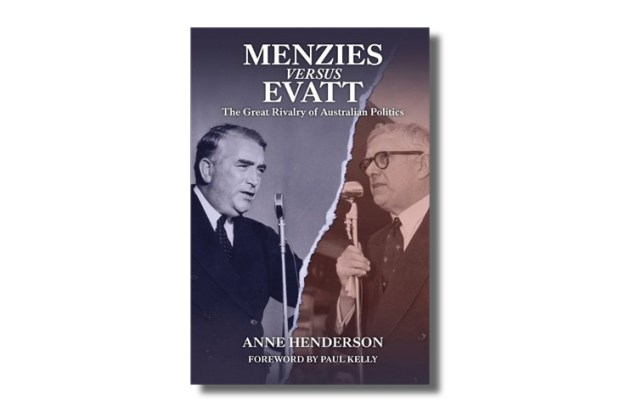
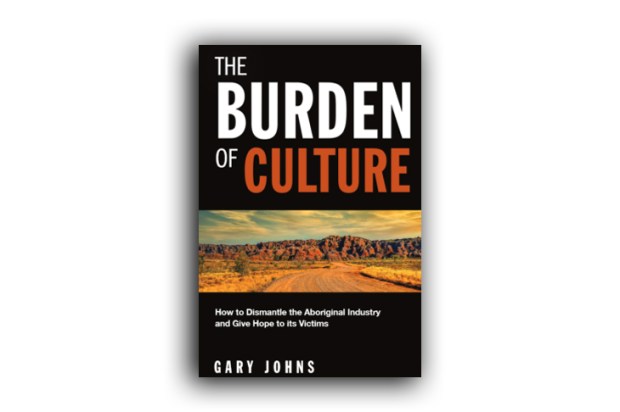
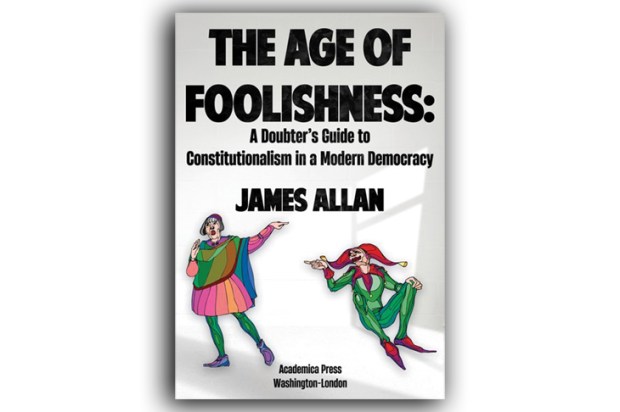
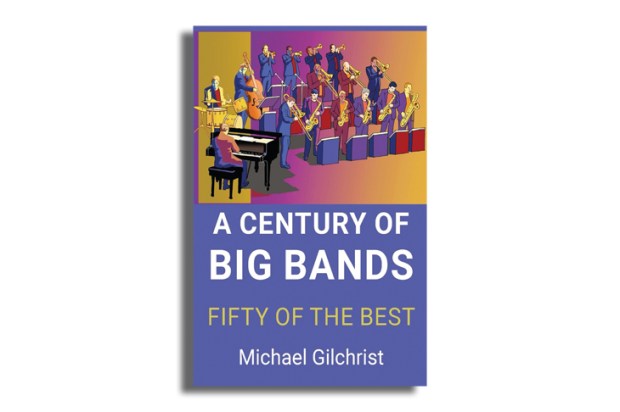
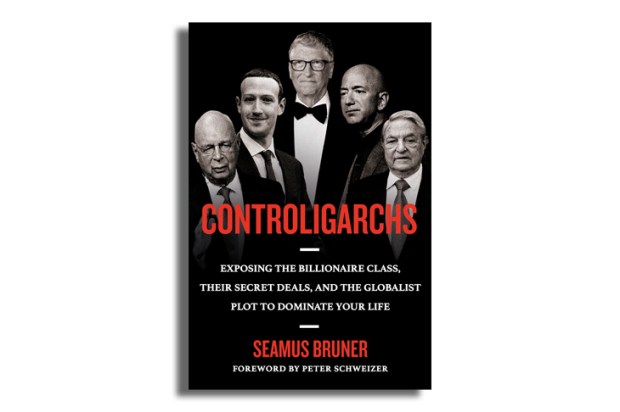






Comments
Don't miss out
Join the conversation with other Spectator Australia readers. Subscribe to leave a comment.
SUBSCRIBEAlready a subscriber? Log in